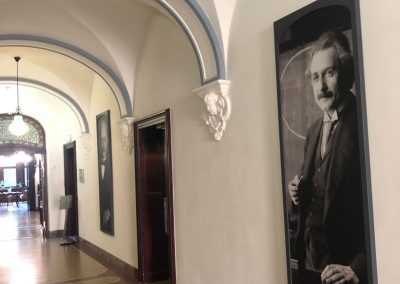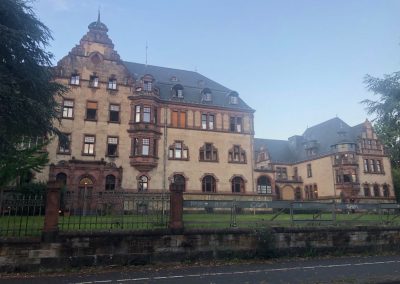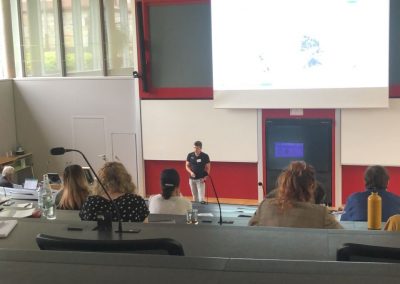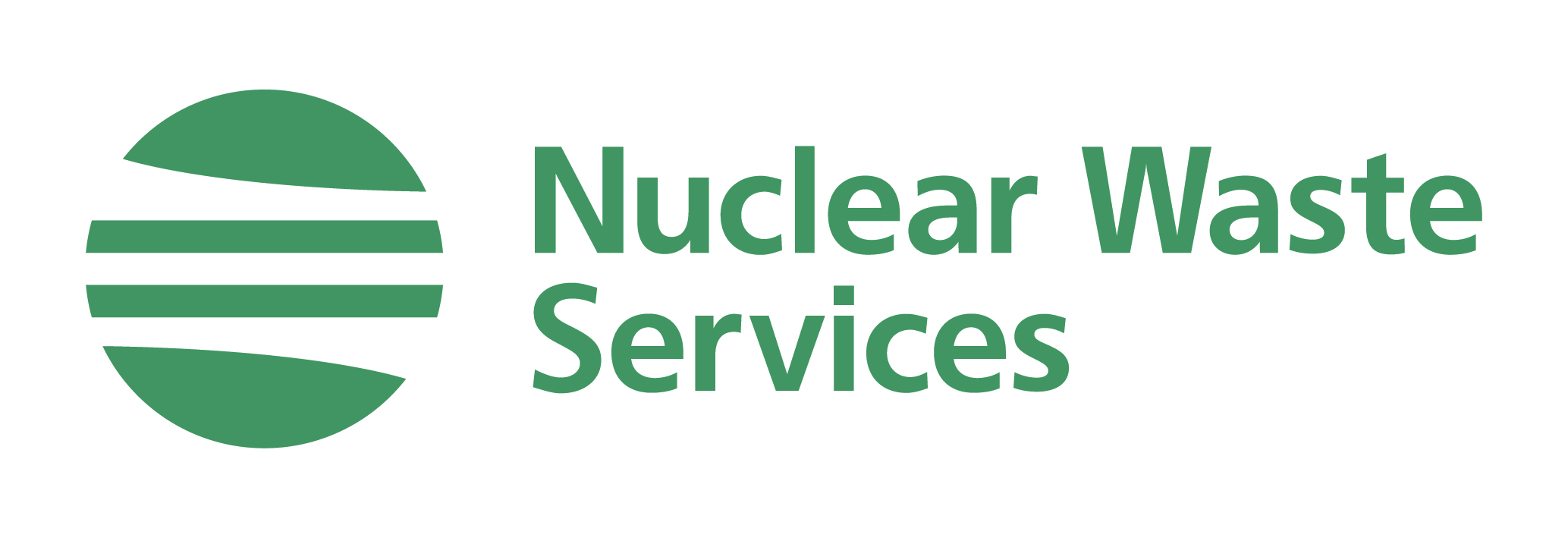2nd TRANSENS Summer School
Meg Watters, a third-year radiochemistry PhD student at The University of Manchester, and Guilherme Massa, a first-year rock mechanics PhD student at University of Portsmouth, were supported by the RSO to attend the TRANSENS Summer School, at the Physikzentrum in Bad Honnef.
TRANSENS Summer School aims to highlight the importance of interdisciplinary research to help overcome barriers in delivering nuclear waste disposal solutions. This year’s focus was on “known-unknowns” – how the industry can learn from past experience to foresee future hurdles, particularly in regard to community engagement.
Meg’s Experience
The TRANSENS summer school week had several international lecturers, focusing on some key challenges different European countries are facing for nuclear waste disposal.
Challenges included the engagement of the public, the development of disposal facilities in countries who only have small inventories of HLW, and the transition from storage to disposal.
I found the connections I made at the Summer School very valuable, there were people from academia and industry, some from nuclear directly and others in fairly different fields of work. These alternative views allowed me to reflect on how better to engage people with nuclear waste disposal and highlighted how important interdisciplinary work is. I found the political and social challenges for nuclear waste in Germany very interesting, and how that has influenced their disposal approach across the country.
Going forwards in my research, I have learned about how valuable it is to keep an eye on the bigger picture, both in terms of my research, and its application. Internationally, there are many researchers working towards the same goals, so it’s important to keep informed.
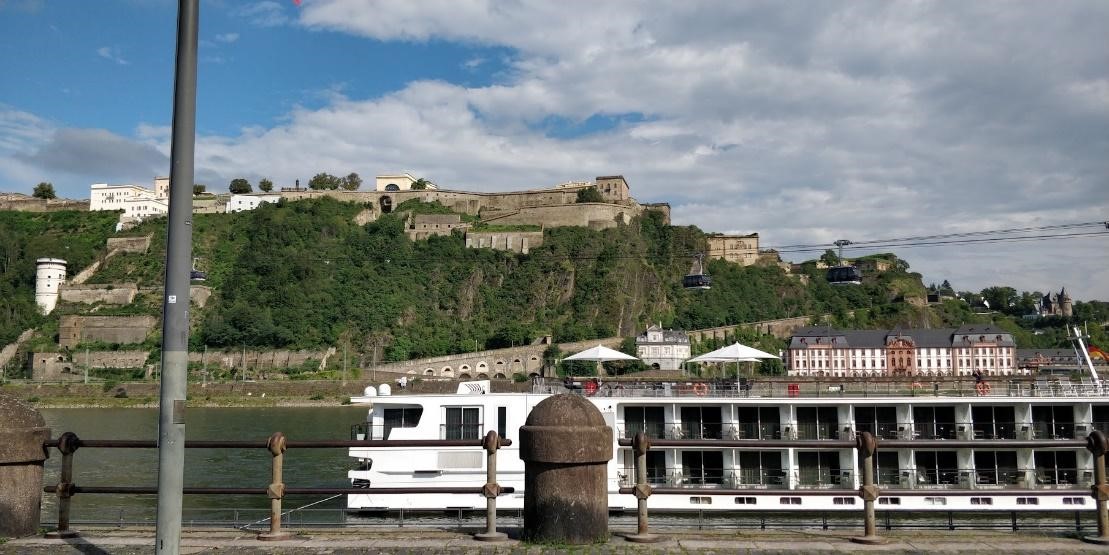
Guilherme’s Experience
Participating in the TRANSENS Summer School in Germany was an enriching and transformative experience that left an indelible mark on my academic and personal journey.
The program, which focused on cutting-edge advancements in interdisciplinary research to help overcome barriers in delivering nuclear waste disposal solutions, provided a unique platform for knowledge exchange and hands-on learning. The immersive nature of the summer school fostered a dynamic environment where I had the opportunity to engage with leading experts in the field. From insightful lectures on emerging technologies to collaborative workshops that encouraged critical thinking, every aspect of the program contributed to a holistic understanding of the complex challenges and innovative solutions in nuclear waste disposal.
One of the highlights was the practical application of theoretical concepts through real-world projects. Working in diverse, international teams allowed me to appreciate different perspectives and enhance my problem-solving skills. The hands-on projects not only deepened my understanding of the subject matter but also provided valuable insights into the collaborative nature of the nuclear industry.
Beyond the academic aspect, the cultural immersion was equally rewarding. Interacting with fellow participants from diverse backgrounds broadened my global perspective and facilitated the exchange of ideas. Exploring the beautiful city and experiencing German culture added a delightful layer to the overall experience. In retrospect, the TRANSENS Summer School was more than just an educational program; it was a transformative journey that equipped me with the knowledge, skills, and global network necessary to contribute meaningfully to the future of my PhD journey.

